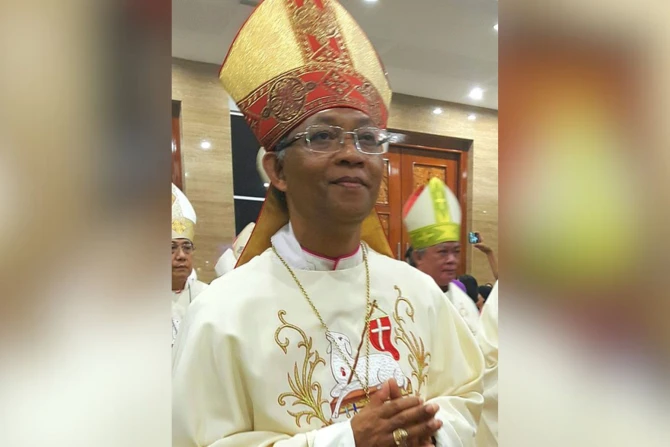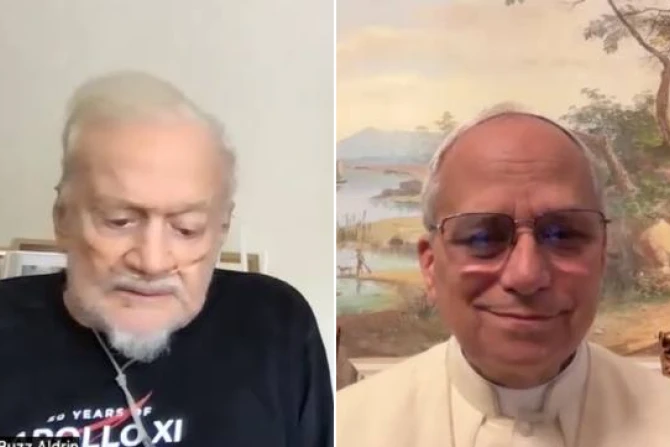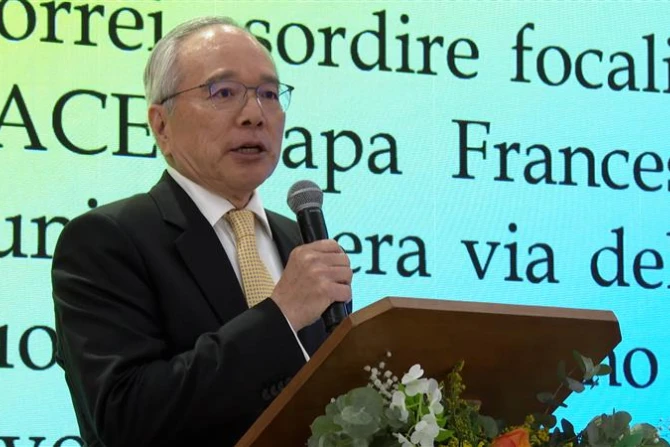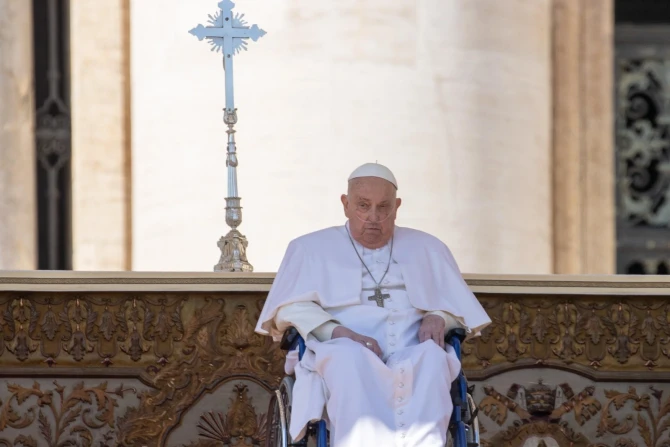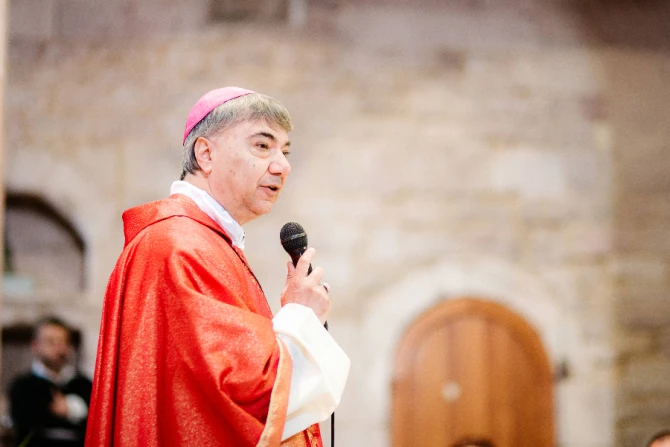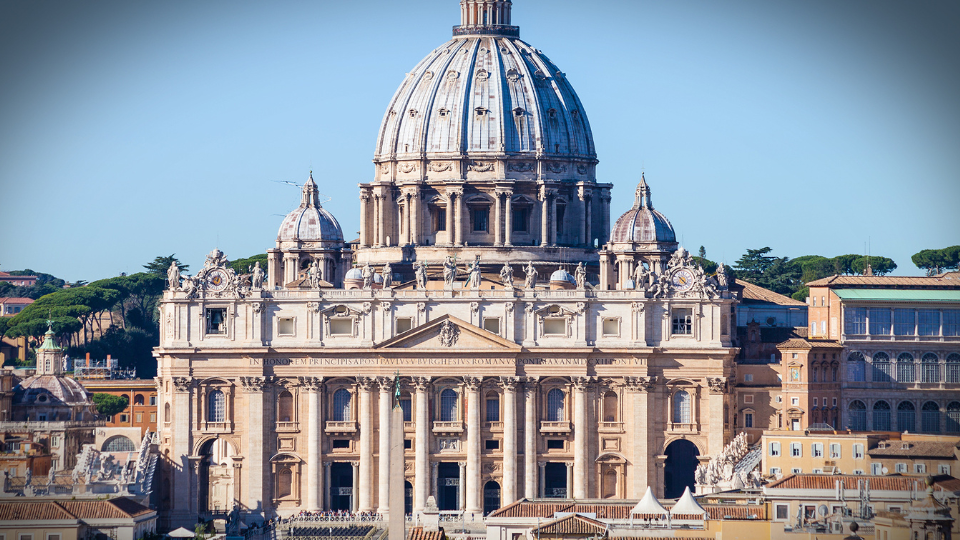For the first time, Pope Francis has commented publicly about the scandal surrounding Father Marko Rupnik, denying he intervened to help his fellow Jesuit avoid punishment for the alleged sexual abuse of women in a religious community in Slovenia.
Speaking to the Associated Press Jan. 24 in a headline-grabbing interview published Wednesday that covered a wide range of topics, the pope said his involvement in the case was strictly procedural: assigning the case to the same tribunal that had earlier reviewed the automatic excommunication Rupnik incurred by absolving in confession a woman with whom he had sex.
After Rupnik repented the excommunication was lifted later the same month. The tribunal wound up dropping the second case because the statute of limitations had expired.
Francis explained that he thought it best to have the second case “continue with the normal court, because, if not, procedural paths are divided and everything gets muddled up.”
He added: “So I had nothing to do with this.”
The first complaints against Rupnik, a well-known Jesuit artist, became public in early December after Italian websites published stories quoting unnamed women who came in contact with Rupnik in the Loyola Community in Slovenia with which he was connected, accusing him of sexual, spiritual, and psychological abuse.
Pope Francis, who was reportedly close to Rupnik, told the AP he was shocked by the allegations.
“For me, it was a surprise, really. This, a person, an artist of this level — for me was a big surprise, and a wound.”
While the abuse allegedly took place in the 1980s and early 1990s — beyond the Vatican’s statute of limitations for abuse cases involving adult victims — questions persist about why the statute wasn’t waived, as is routinely done in cases involving minors.
Francis told the AP he “always” waives the statute of limitations for cases involving minors and “vulnerable adults,” but said he is inclined to uphold traditional legal guarantees with cases involving others.
Using a Spanish term that implies a no-holds-barred approach, Francis told the AP his approach was: “No loose reins with minors, the reins are pulled pretty tight.”
Francis said he wanted more transparency in how cases are handled, but he suggested that is difficult to do in an institution that in the past has handled such cases privately.
“It’s what I want,” the pope said. “And with transparency comes a very nice thing, which is shame. Shame is a grace.”


